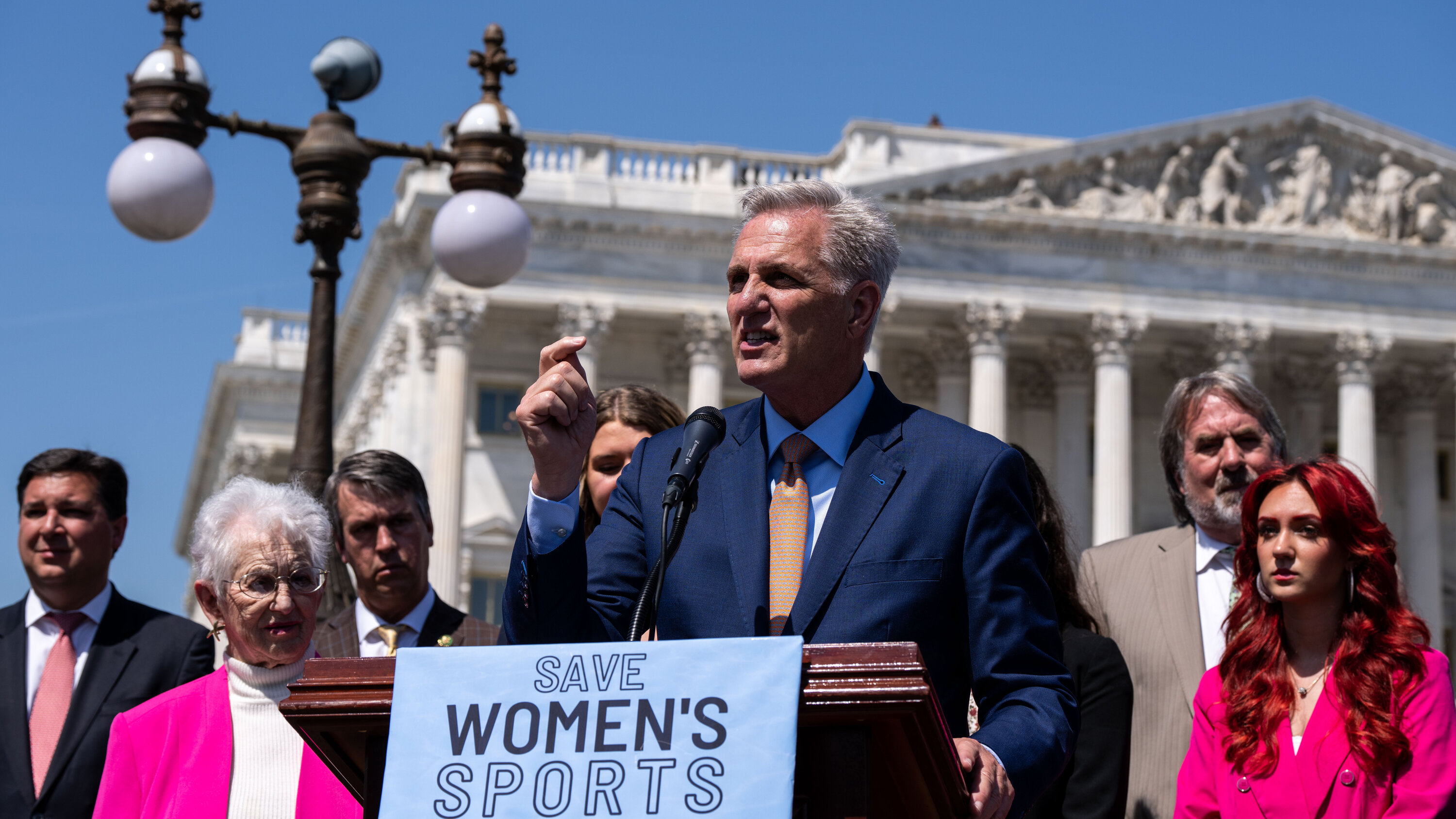Car Dealerships Renew Fight Against Mandatory EV Sales

Table of Contents
The automotive industry is facing a seismic shift, with governments worldwide mandating aggressive electric vehicle (EV) adoption rates. This push, however, is encountering fierce resistance from a powerful lobby: car dealerships. This article delves into the renewed fight by car dealerships against mandatory EV sales, exploring the economic concerns, arguments against mandates, and strategies employed by dealerships to counter these regulations.
<h2>Economic Concerns of Dealerships Regarding EV Transition</h2>
The transition to electric vehicles presents significant economic challenges for car dealerships. The high initial investment costs, reduced profit margins on EVs, and difficulties in inventory management are key concerns fueling the resistance to mandatory EV sales quotas.
<h3>High Initial Investment Costs</h3>
Adapting to the EV era requires substantial upfront investment. Dealerships face significant capital expenditure to upgrade their infrastructure. This includes installing charging stations capable of handling various EV models, acquiring specialized tools and equipment for EV servicing, and training technicians on the intricacies of electric vehicle repair and maintenance.
- Increased capital expenditure: The cost of installing charging infrastructure alone can be substantial, varying based on the size of the dealership and the number of charging points required.
- Potential for reduced ROI in the short term: The return on investment for these upgrades may not be immediate, especially given the current lower profit margins on EVs.
- Challenges in securing financing: Securing the necessary financing for these significant investments can be challenging for some dealerships, particularly smaller, independent operations.
<h3>Reduced Profit Margins on EVs</h3>
Currently, profit margins on EVs are generally lower than those on traditional internal combustion engine (ICE) vehicles. This impacts dealership profitability and fuels resistance to mandates that would shift their sales towards EVs.
- Lower service revenue potential: EVs have fewer moving parts than ICE vehicles, resulting in less frequent and less complex maintenance and repair needs, impacting potential service revenue.
- Increased competition: The EV market is becoming increasingly competitive, with both established and new manufacturers entering the space, leading to price pressure.
- Price sensitivity in the EV market: Consumers are often more price-sensitive when purchasing EVs, further squeezing profit margins for dealerships.
<h3>Inventory Management Challenges</h3>
Forecasting EV demand and managing inventory effectively poses a significant challenge for dealerships. Rapid technological advancements and evolving consumer preferences contribute to this uncertainty.
- Risk of obsolescence: Rapid technological advancements mean that EV models can become obsolete relatively quickly, leading to potential losses on unsold inventory.
- Longer lead times for EV inventory: Lead times for EV inventory are often longer than for ICE vehicles, making it more difficult to meet fluctuating demand.
- Potential for overstocking or shortages: The combination of uncertain demand and longer lead times increases the risk of either overstocking obsolete models or facing shortages of popular models.
<h2>Arguments Against Government Mandates and Their Impact on Dealerships</h2>
Dealerships argue that government mandates for EV sales are premature and detrimental to their businesses and the broader automotive market. Their arguments center on issues of consumer demand, market distortion, and consumer choice.
<h3>Lack of Consumer Demand and Readiness</h3>
A key argument against mandates is that consumer demand for EVs is not yet sufficiently high to justify imposing sales quotas. Several factors contribute to this limited demand.
- Affordability concerns: The higher initial purchase price of many EVs remains a significant barrier for many consumers.
- Range anxiety: Concerns about the driving range of EVs and the availability of charging infrastructure continue to deter potential buyers.
- Limited charging infrastructure: The lack of widespread and reliable charging infrastructure, particularly in rural areas, limits EV adoption.
- Lack of consumer awareness: Many consumers remain unaware of the benefits of EVs or lack sufficient information to make informed purchasing decisions.
<h3>Market Distortion and Unfair Competition</h3>
Mandatory EV sales quotas are argued to distort the market and create an uneven playing field for dealerships.
- Smaller dealerships disproportionately impacted: Smaller dealerships with limited resources may struggle to adapt to the requirements of selling and servicing EVs, putting them at a competitive disadvantage.
- Unfair advantage for larger manufacturers: Larger manufacturers with greater resources and established EV production capabilities have an unfair advantage in meeting mandated quotas.
<h3>Concerns Regarding Consumer Choice</h3>
Dealerships argue that mandatory EV sales limit consumer choice and hinder the market's natural progression toward EV adoption.
- Restriction on consumer preferences: Mandates force dealerships to prioritize EV sales, potentially limiting the availability of ICE vehicles that some consumers prefer.
- Potential for reduced vehicle variety: Focusing on EVs may lead to a reduction in the variety of vehicle types and models offered by dealerships.
- Impact on the used car market: The increased prevalence of EVs could also impact the used car market, potentially affecting the value of used ICE vehicles.
<h2>Strategies Employed by Dealerships in the Fight Against Mandates</h2>
Facing mandatory EV sales quotas, dealerships are employing various strategies to influence policy and protect their interests.
<h3>Lobbying and Political Advocacy</h3>
Dealership associations are actively engaged in lobbying efforts to influence policymakers and advocate for their concerns.
- Direct lobbying: Direct engagement with lawmakers and government officials to express concerns and propose alternative solutions.
- Campaign contributions: Financial support for political candidates who align with their views on EV mandates.
- Public relations campaigns: Efforts to shape public opinion and garner support for their position.
<h3>Legal Challenges</h3>
Some dealerships are pursuing legal avenues to challenge the legality or enforceability of mandatory EV sales quotas.
- Lawsuits: Filing lawsuits to challenge the constitutionality or legality of the mandates.
- Appeals: Appealing court decisions that uphold the mandates.
- Legal challenges to regulatory frameworks: Challenging the legal basis and framework of the regulations.
<h3>Public Relations and Awareness Campaigns</h3>
Dealerships are also undertaking public relations and awareness campaigns to garner public support for their position.
- Media outreach: Engaging with media outlets to present their perspective and highlight the challenges of mandatory EV sales.
- Social media campaigns: Utilizing social media platforms to reach a wider audience and raise awareness.
- Consumer education efforts: Educating consumers about the potential consequences of mandatory EV sales.
<h2>Conclusion: The Ongoing Battle Over Mandatory EV Sales</h2>
The fight against mandatory EV sales is far from over. Dealerships face significant economic challenges, including high investment costs, reduced profit margins on EVs, and inventory management difficulties. Their arguments against mandates highlight concerns about consumer readiness, market distortion, and limitations on consumer choice. The strategies employed—lobbying, legal challenges, and public relations campaigns—reflect the intensity of this ongoing battle. Staying informed about this critical issue and its potential impact on the future of car dealerships and the automotive industry as a whole is crucial for both consumers and industry stakeholders. Understanding the complexities of the transition to electric vehicles is vital for navigating this transformative period.

Featured Posts
-
 Msyrt Barys San Jyrman Nhw Tarykh Jdyd Fy Dwry Abtal Awrwba
May 10, 2025
Msyrt Barys San Jyrman Nhw Tarykh Jdyd Fy Dwry Abtal Awrwba
May 10, 2025 -
 Go Compare Pulls Wynne Evans Ads Following Sex Slur Controversy
May 10, 2025
Go Compare Pulls Wynne Evans Ads Following Sex Slur Controversy
May 10, 2025 -
 Uk Student Visa Restrictions Impact On Pakistani Students And Asylum Seekers
May 10, 2025
Uk Student Visa Restrictions Impact On Pakistani Students And Asylum Seekers
May 10, 2025 -
 Transgender Military Ban Examining Trumps Policy And Its Impact
May 10, 2025
Transgender Military Ban Examining Trumps Policy And Its Impact
May 10, 2025 -
 Leon Draisaitl Injured Impact On Oilers Playoff Chances
May 10, 2025
Leon Draisaitl Injured Impact On Oilers Playoff Chances
May 10, 2025
